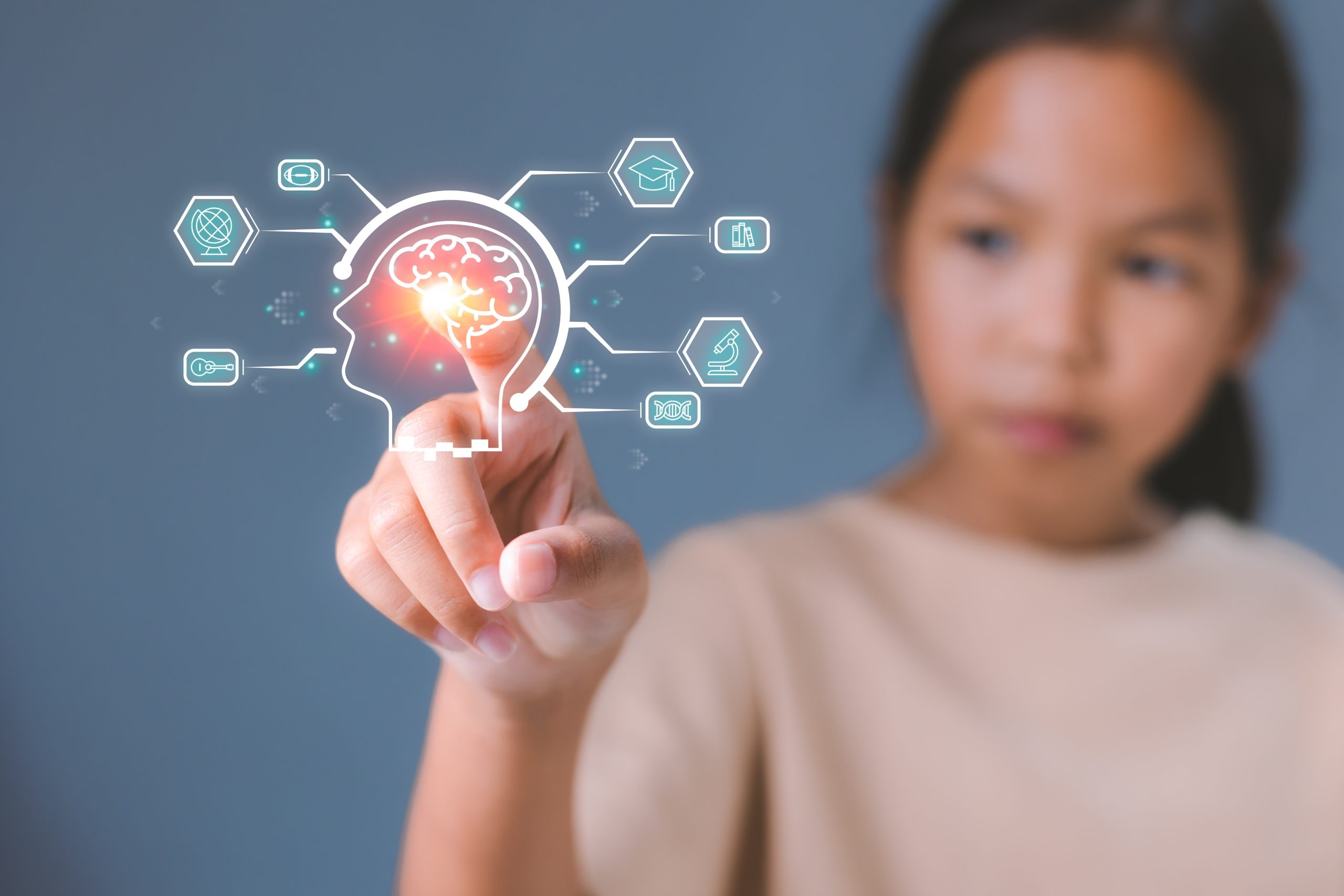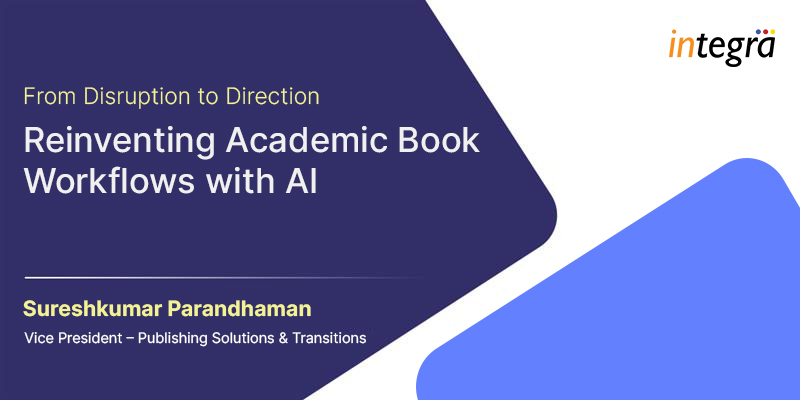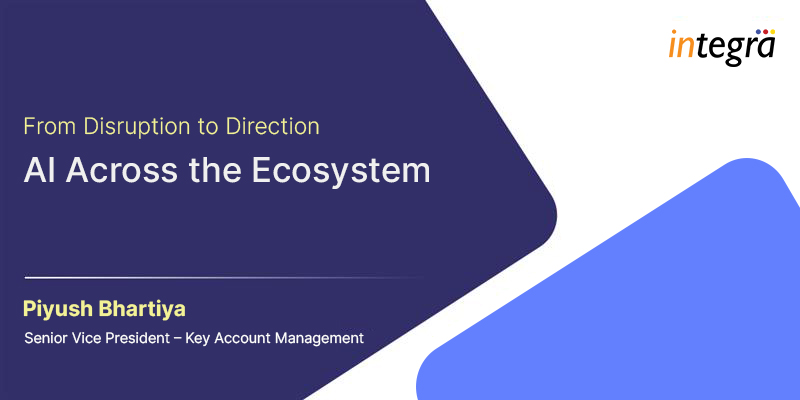Embracing AI in Education: A Bright Future with Eyes Wide Open

A new chapter in education is beginning, driven by significant advancements in Artificial Intelligence (AI). As we approach 2030, a skills-first approach is set to set to transform learning, with the global AI in education market projected to reach an impressive $47.7 billion. This isn’t just a trend; it’s a major shift that promises to reveal significant potential in how we teach and learn.
The AI-Powered Classroom: A New Frontier
Remember the flipped classroom concept of the 1990s? Well, prepare for Flipped Classroom 2.0, courtesy of Generative AI. This technology is not just enhancing the educational experience; it’s changing it fundamentally. From personalized learning paths to AI-driven virtual tutors, the possibilities are exciting. Imagine a world where every student has access to a personalized AI assistant, guiding them through complex topics at their own pace. This isn’t science fiction – today AI is our imminent reality.
The Human-AI Partnership: Supporting Educators
Contrary to fears of AI replacing teachers, we are seeing the emergence of a strong human-AI collaboration. AI is set to become a crucial tool for educators, handling time-consuming tasks like grading and administrative work. This frees up teachers to focus on what they do best: inspiring, mentoring, and developing critical thinking skills in their students. The result? A more engaging, effective and rewarding educational experience for both teachers and learners.
Personalization at Scale: A Vision Fulfilled
One of the most promising prospects of AI in education is the ability to offer truly personalized learning on a large scale. Adaptive assessments, individualized learning pathways, and real-time feedback customized for each student’s needs are no longer pipe dreams. With AI, we can finally address the long-standing challenge of catering to diverse learning styles and paces within a single classroom.
Connecting Gaps and Overcoming Barriers
AI has the potential to make education more inclusive like never before. Language barriers? AI-powered translation can make quality educational content accessible globally. Learning challenges? AI can adapt content and teaching methods to support various cognitive styles. Geographical limitations? Virtual and augmented reality, powered by AI, can bring immersive learning experiences to the remotest corners of the world.
Addressing the Challenges: Eyes Wide Open
While the future looks bright, it is important to approach this AI shift with a balanced view. Issues of data privacy, algorithmic bias, and the digital divide need our urgent attention. We must ensure that AI in education doesn’t exacerbate existing inequalities but instead works to level the playing field.
Moreover, as we integrate AI into education, we must be vigilant about preserving the human element. Critical thinking, emotional intelligence and creativity are skills that need human support. Our challenge is to use AI to enhance these uniquely human capabilities, not replace them.
The Road Ahead: A Collaborative Journey
The integration of AI in education isn’t just a technological shift; it’s a societal one. It requires collaboration between educators, technologists, policymakers, and ethicists. We need robust frameworks to guide the ethical use of AI in education, ensuring transparency, accountability, and inclusivity.
As we stand on the edge of this educational shift, the possibilities are as exciting as they are vast. By embracing AI with enthusiasm tempered by critical thinking, we can shape a future of education that is more personalized, accessible, and effective than ever before.
The classroom of the future is not just a place of learning; it’s a platform for human potential, driven by the partnership of human wisdom and artificial intelligence technologies. As we move through this new world, let’s do so with optimism, creativity and a commitment to using technology for the benefit of all learners.
Recent Blogs

Research Integrity vs. Publication Integrity: Clarifying Responsibility in Scholarly Publishing

From Disruption to Direction: Reinventing Academic Book Workflows with AI


